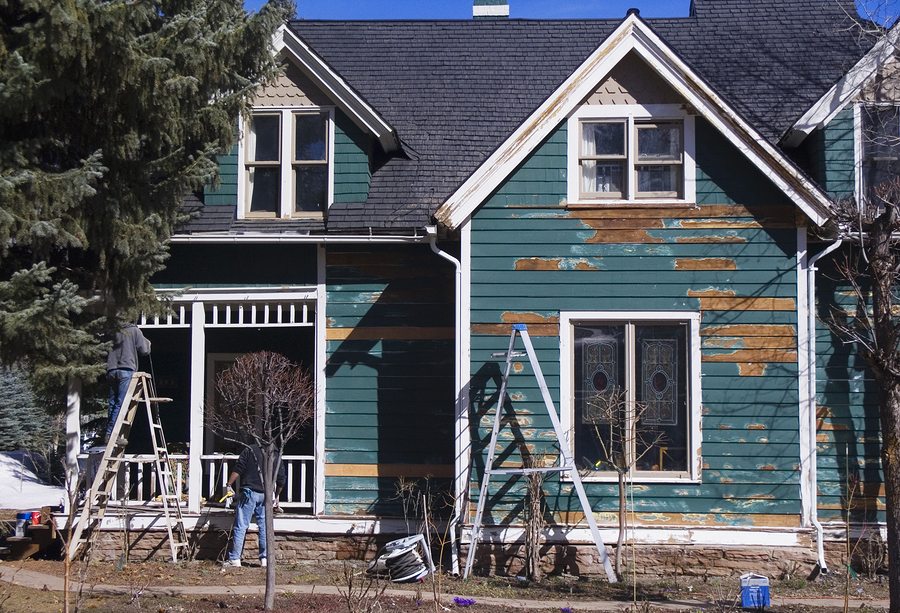Whether you’re redoing your kitchen, adding a bathroom or finishing your basement, it’s easy to get caught up in the excitement of a home renovation. However, before you buy your supplies and hammer in that first nail, here are a few things you might want to consider.
You may need a permit before you can begin.
Depending on where you live, you may need a permit before you can take down or erect walls, cut new doors or windows, or even update the plumbing or electrical system in your home. Professional inspections may be required as well, making home improvements even more of a challenge for the do-it-yourself renovator. Hiring a general contractor who is familiar with the requirements in your city and county can help—though it will increase the cost of your project. If you still want to go it alone, be prepared to make multiple calls to the local permitting office.
The improvement may not increase your home value.
Consider the value of the other homes in your neighborhood before beginning any renovation. If you’re planning an expensive improvement that is going to out-price the market, it’s unlikely you’ll ever recoup your investment when it comes time to sell. The same can be said for home renovations that are less popular or even unpopular with many buyers—such as reducing the total number of bedrooms by combining two smaller into a larger or adding a swimming pool or high-maintenance water feature.
Safer bets are improvements that have traditionally increased home values. These include updating your kitchen (new appliances, flooring and countertops); modernizing your heating, plumbing and electrical systems; finishing the basement or attic; replacing flooring and adding a fresh coat of paint.
Hiring professionals might ultimately cost less.
You’ve included building supplies, new fixtures, carpet and paint in your budget. But what about your time? Not only will a major do-it-yourself renovation suck up all your free time, it will also turn your home into a work zone. When you hire professionals, you can spend that time doing things you enjoy while the job—usually—is completed faster than you could do so yourself. Before you begin your project, it doesn’t hurt to get quotes from a few professionals. All things considered, you might be surprised how much more “affordable’’ professional home improvement can be.
If you want to use a contractor, you’ll need to plan further ahead.
Whether you just want to use a general contractor to help you get the right permits and inspections or plan to outsource the entire project, you’re going to have to line up help months in advance. Not only do you need to get on the contractor’s schedule, but you also need time to make sure he or she—plus the subcontractors he or she works with—are licensed, bonded and insured. While you’re at it, ask if you can contact a few of their previous customers. Then call the homeowners and ask about their experience.



